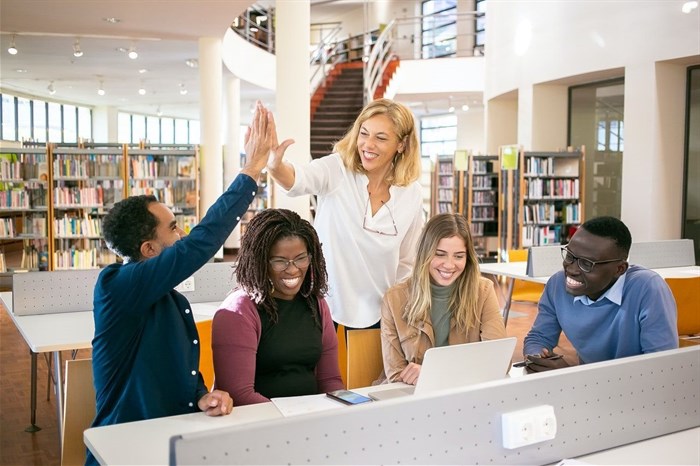
Top stories



ESG & SustainabilitySouth Africa’s carbon tax should stay: climate scientists explain why
Britta Rennkamp et al. 1 hour



More news


















While it is no surprise that the highly social nature of South Africans means that they prefer face-to-face interactions, advances in technology means that education is now more widely accessible, and can help in more effective time management, as well as more efficient use of skilled teaching resources. The ideal solution to balancing our culture with the need to educate our youth is hybrid learning, in which some learners attend the classroom in person, while other learners will interact with the lesson virtually.
Unlike online learning, which is fully remote and where all responsibility lies with the student - requiring high levels of discipline - hybrid learning provides more guidance for students as well as the opportunity for in-classroom learning. While online learning models are helping improve access to education for a wider range of learners, South Africa’s socio-economic environment means that not everyone has access to devices and connectivity - or space conducive to learning at their home - and they need to be provided with an alternative.
How do we enable institutions to provide hybrid learning? Simply throwing more technology at the challenge without the right approach will only result in white elephants; it is easy to pick and choose individual products and solutions that seem appealing, but how do they fit into achieving their broader objectives? Rather, institutions need to first identify the best methodology to suit the unique environment that they operate in.
Creating this blueprint requires taking a closer look at how teaching is delivered, how students learn and engage, how they are measured in order to secure a qualification and much more. Here, working with private sector partners that are not only technology specialists, but also education specialists becomes crucial.
Having a strong education industry track record and application of global best practices - adapted to suit local needs - helps uncover potential pitfalls, understand what the digital journey forward looks like, and how all the components will work together. Having this blueprint in place makes it possible for institutions to use any product or solution, as long as it supports their methodology.
Making wholesale changes successfully is unrealistic, and it is best to implement changes in a phased approach, providing the time needed for user training and adoption. Professional development and a change in mindset plays a significant role in the shift to hybrid learning; where traditionally educators are the experts and students are the learners, this is not necessarily the case when it comes to technology, where the students are digital natives.
This can lead to hesitance in the adoption of technology, but training programmes can help educators become more familiar with the technology, enabling them to make optimal use of the tools and solutions at their disposal. As with the overall solutions themselves, the training cannot be generic but has to be tailored to equip them with the skills required for their individual circumstances.
Beyond just upskilling existing employees, introducing a hybrid learning model might also require the introduction of new roles in order to facilitate seamless learning across both physical and virtual mediums. An example would be the introduction of a facilitator who handles questions and answers from online participants while the educator continues uninterrupted with knowledge sharing to the combined class.
These challenges - and their solutions - can only be identified when the right methodology has been adopted. This requires working with a partner who not only understands the technology, but can consult on the methodology, and look beyond just implementation and toward professional development, managed services and comprehensive support.
Ultimately, digital transformation in an educational institution is not as much project management as it is programme management, with the focus being on a long-term outcome - that of making learning more enjoyable, engaging and exciting for students while making teaching more rewarding, empowering and easier for educators.
Despite South Africa's infrastructure challenges - including access to devices, cost of connectivity and reliable power supply - hybrid learning is moving beyond its stages of infancy in the country. And, this goes a long way toward striking a balance between traditional learning methods and preparing students for a future of work that is more digitalised, with increased focus on virtual communication and collaboration.